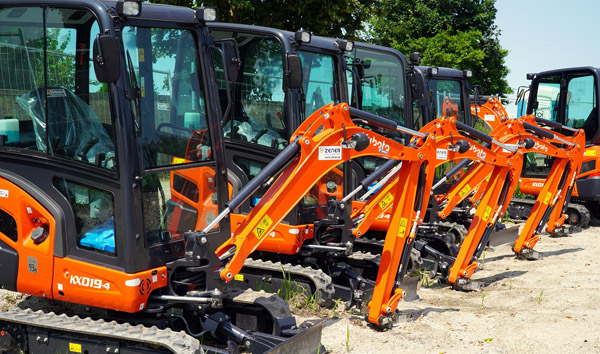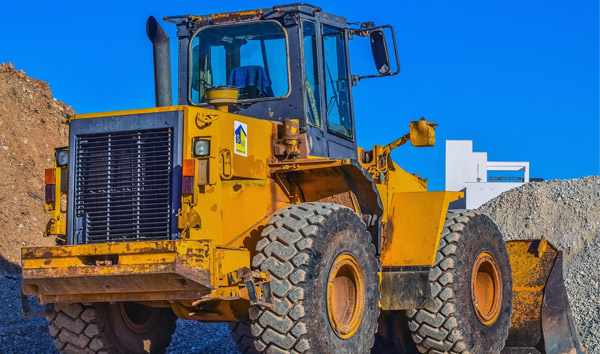Revolutionizing Debris Management with Advanced Rough Terrain Forklifts
2025-07-17 03:40:31
The demand for Rough Terrain Forklifts in debris clearance has surged due to their ability to navigate uneven surfaces with ease. Unlike standard forklifts, these machines feature reinforced tires, high ground clearance, and robust hydraulic systems, ensuring optimal performance in rubble-strewn areas. Industry reports indicate a 22% increase in adoption over the past five years, driven by their reliability in post-disaster zones and demolition sites.
One of the key advantages of rough terrain forklifts is their adaptability to diverse debris types. Whether handling concrete slabs, metal scraps, or wooden beams, these forklifts provide precise load control. Advanced models now incorporate AI-driven stabilization systems, reducing the risk of tip-overs by 35%. Such innovations have made rough terrain forklifts a preferred choice for contractors tackling large-scale debris clearance projects.
Safety remains a top priority in debris clearance, and rough terrain forklifts are designed with multiple fail-safes. Features like load-sensing hydraulics and anti-roll bars ensure operator protection even in unstable conditions. OSHA compliance data reveals a 40% drop in accidents at sites utilizing these machines compared to traditional equipment. This underscores their critical role in minimizing workplace hazards.
The environmental impact of debris clearance is another area where rough terrain forklifts excel. Modern units are increasingly powered by hybrid or electric engines, cutting emissions by up to 50%. A 2023 study by the Construction Equipment Association highlighted that electric rough terrain forklifts reduced carbon footprints in urban demolition projects by 28%, aligning with global sustainability goals.
Looking ahead, the rough terrain forklift market is poised for further innovation. Autonomous models equipped with LiDAR and GPS are being tested for debris clearance in hazardous zones, eliminating human exposure to danger. With projections estimating a $4.2 billion market value by 2027, rough terrain forklifts will continue redefining efficiency in debris management worldwide.














